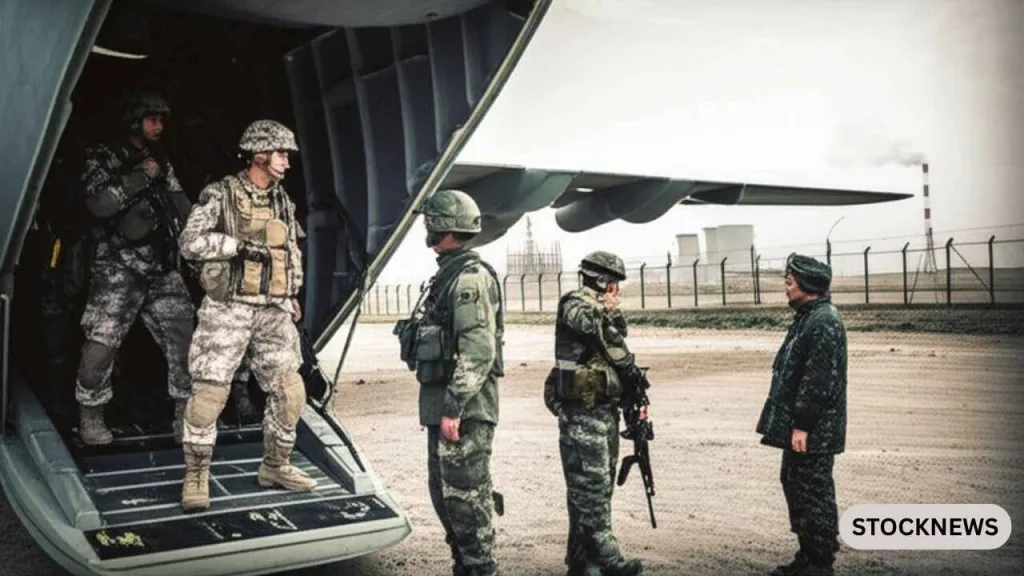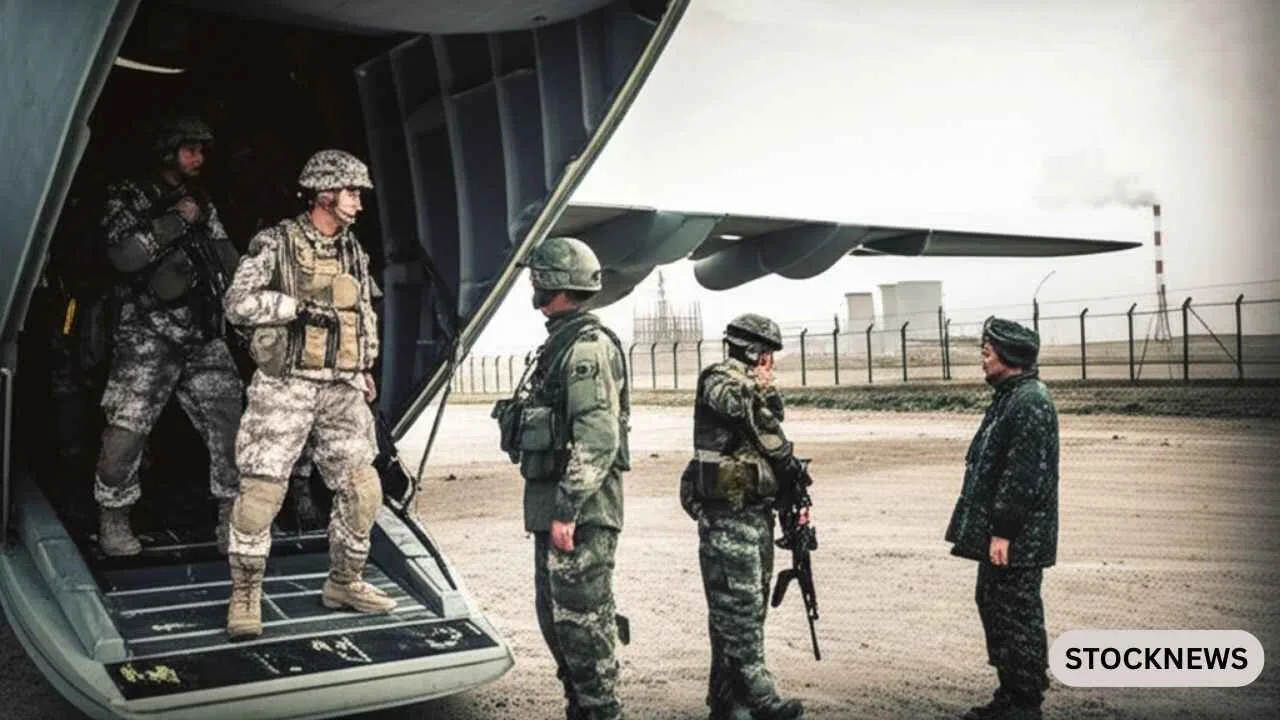In a move that has sparked both strategic intrigue and geopolitical unease, China has officially deployed its security personnel to Pakistan for the first time, according to multiple credible news sources, including The Eurasian Times. The deployment, carried out under a newly signed bilateral security framework between Beijing and Islamabad in early 2024, is reportedly aimed at safeguarding Chinese nationals working on high-stakes infrastructure projects under the China-Pakistan Economic Corridor (CPEC).

The first contingent, consisting of over 60 Chinese security personnel, has been stationed in Pakistan’s Sindh province—home to key components of the multibillion-dollar CPEC initiative. This includes the Thar coal power plants, where an estimated 6,500 Chinese engineers and workers are currently employed. Overall, more than 30,000 Chinese nationals are working on various CPEC projects across Pakistan.
While both governments have framed the move as a protective measure, the deployment carries significant geopolitical implications, particularly for neighboring India. The proximity of Sindh to the Indian border has raised concerns in New Delhi about potential Chinese surveillance capabilities and long-term strategic intentions.
Why Now?
The deployment follows a troubling series of targeted attacks on Chinese workers in Pakistan over the past two years. Militants have increasingly targeted CPEC personnel, with deadly incidents in regions such as Balochistan—highlighting Pakistan’s struggle to secure foreign nationals despite bolstered military efforts.
According to sources familiar with the negotiations, Beijing had repeatedly expressed dissatisfaction with Islamabad’s ability to protect its citizens. Despite Pakistan’s attempts to double its security detail for CPEC-related sites, attacks persisted, prompting China to take the unusual step of introducing its own forces on foreign soil.
“Beijing’s patience appears to have worn thin,” said a South Asia analyst based in Hong Kong. “This deployment is less about cooperation and more a reflection of China’s growing distrust in Pakistan’s internal security apparatus.”
Strategic Symbolism and Domestic Backlash
Critics in Pakistan have expressed alarm over what they see as creeping foreign influence and the erosion of sovereignty. The presence of foreign troops—even in a non-combat, protective capacity—has fueled a debate over Pakistan’s economic dependence on Beijing and what some call a ‘soft occupation’ under the guise of development aid.
“This is a historic moment—and not in a positive sense,” said a former Pakistani diplomat, speaking on condition of anonymity. “The optics are troubling. We now have a foreign security presence on our soil, which some interpret as the beginning of a deeper entrenchment.”
The Pakistani government has thus far downplayed the significance of the deployment, emphasizing the safety of foreign workers and the mutual benefits of CPEC. However, officials have not disclosed the full scope of the new security arrangement, nor confirmed how many additional Chinese personnel could be deployed in future phases.
India Watches Closely
For India, the deployment is more than a bilateral issue between Pakistan and China—it is a regional development with strategic reverberations. While Chinese projects have long been viewed with suspicion in New Delhi, the physical presence of Chinese forces so close to the Indian border marks a potentially serious escalation in what is already a tense three-way relationship.
“This is not just a security move; it’s a message,” said a former Indian Army officer. “It signals deeper Chinese intent in South Asia, and India will respond accordingly. We’ve always prepared for coordinated threats from both Pakistan and China, and this reinforces that doctrine.”

Looking Ahead
Observers believe the 60-strong unit is merely the first wave of Chinese personnel to be stationed in Pakistan, with additional deployments likely. If these predictions hold true, China’s footprint in Pakistan may soon expand beyond economic and diplomatic spheres into an enduring security presence.
As the situation unfolds, one thing is clear: CPEC, once touted as a flagship project of regional development and economic cooperation, is now also a flashpoint of sovereignty, suspicion, and shifting power dynamics.
Would you like a visual map showing CPEC’s major routes and deployment areas?
